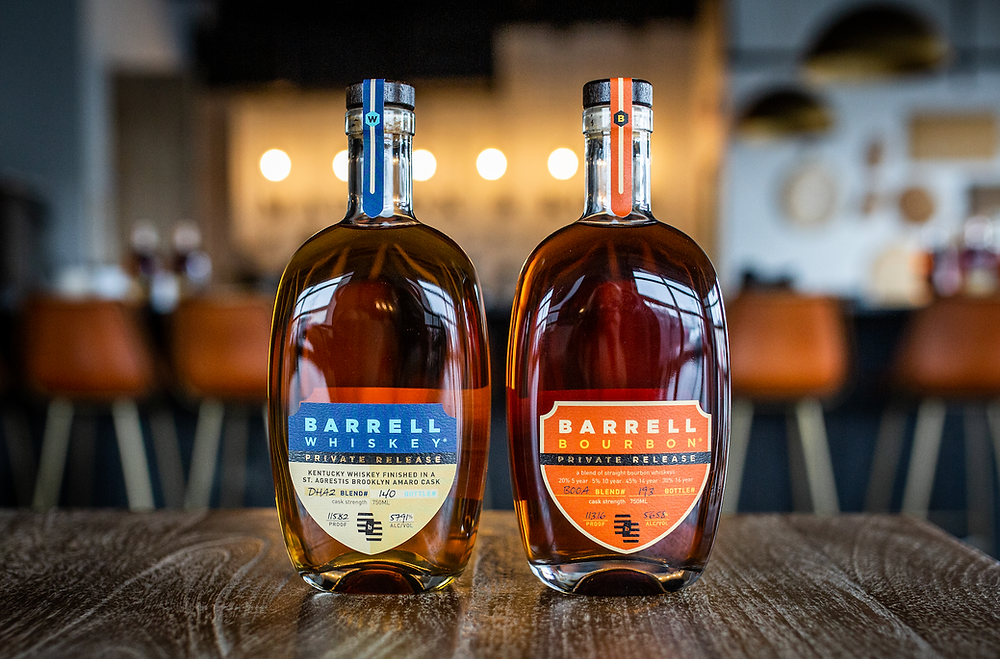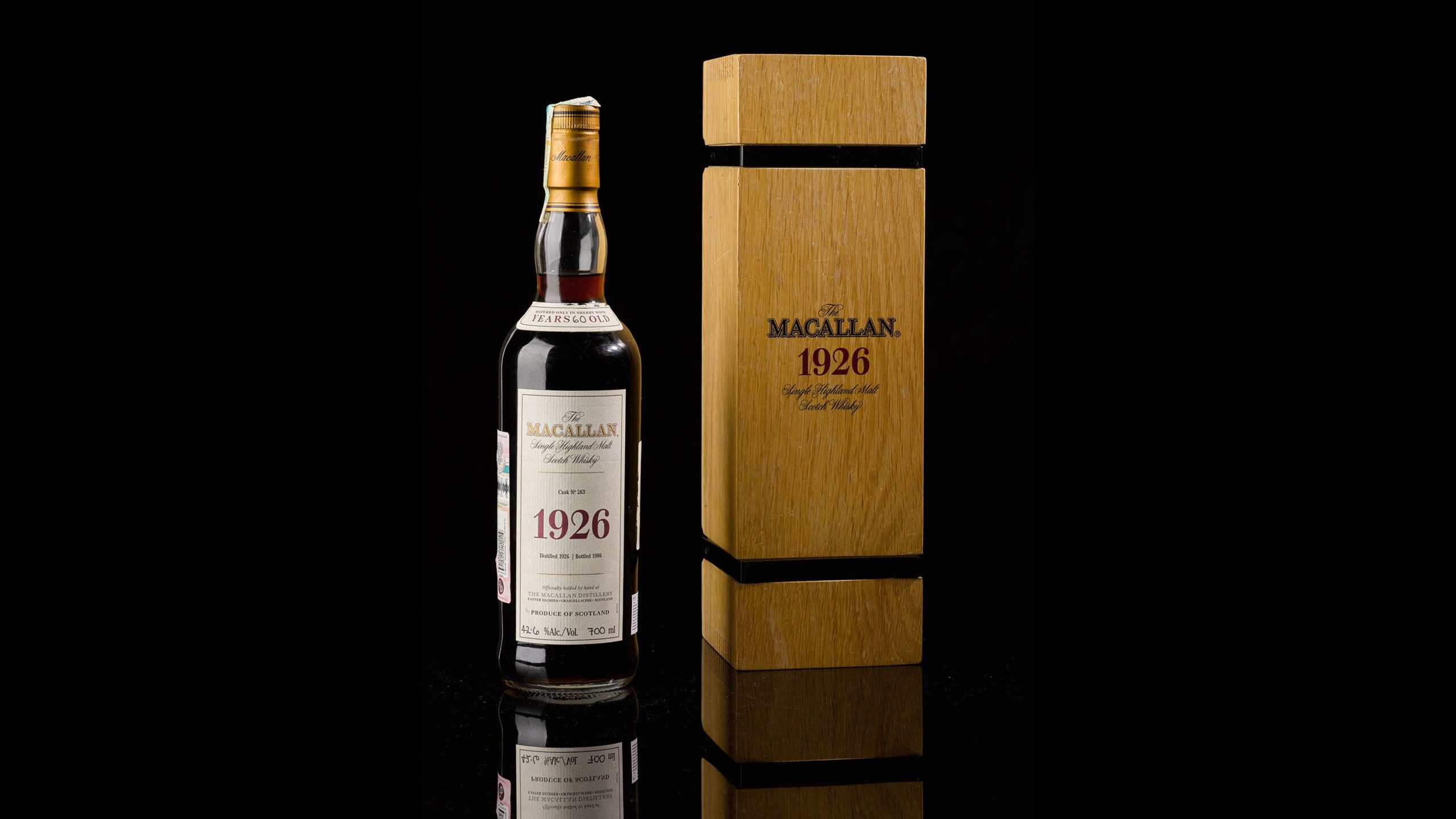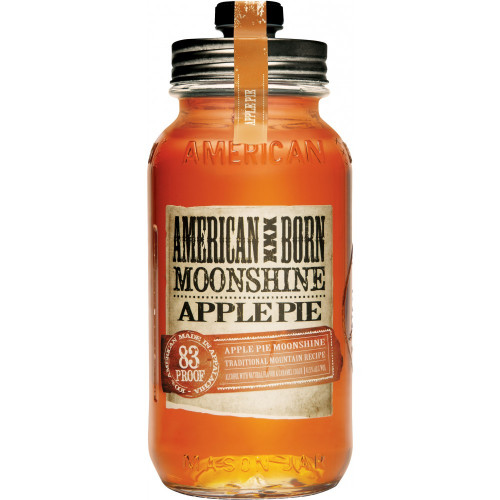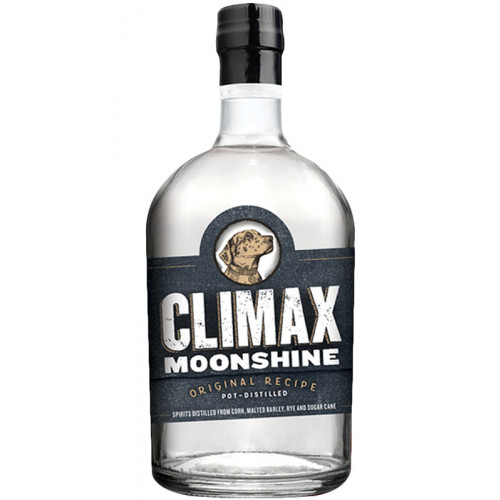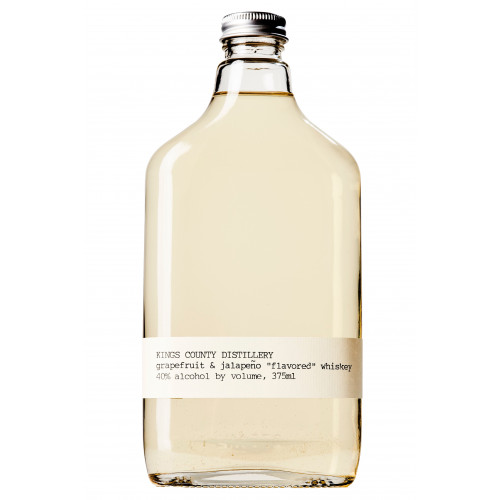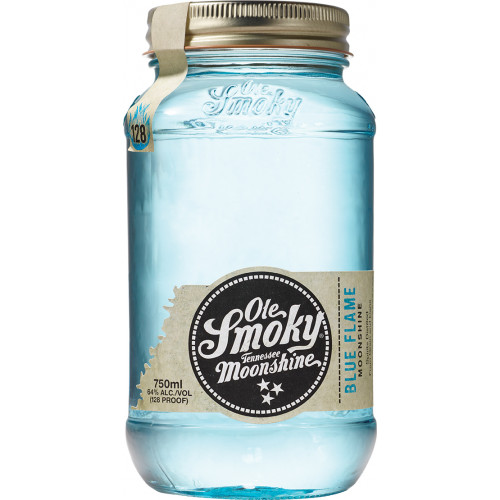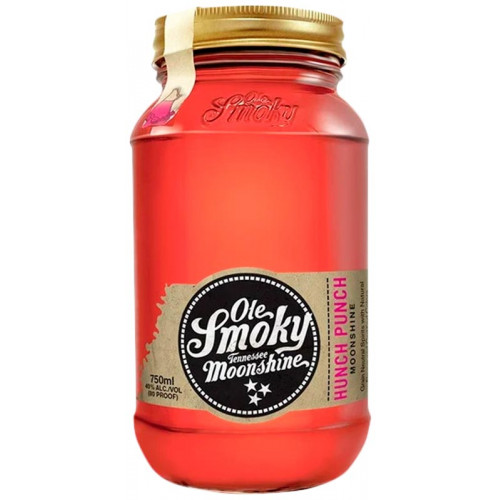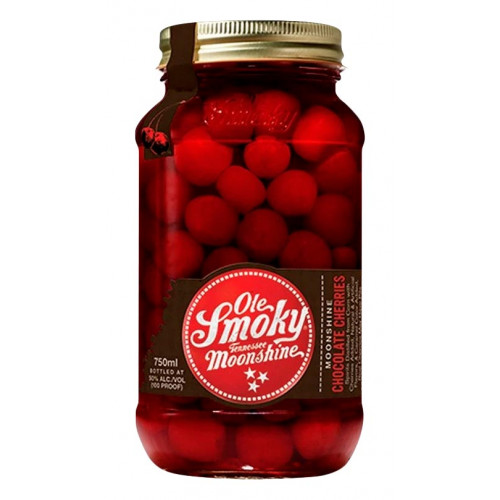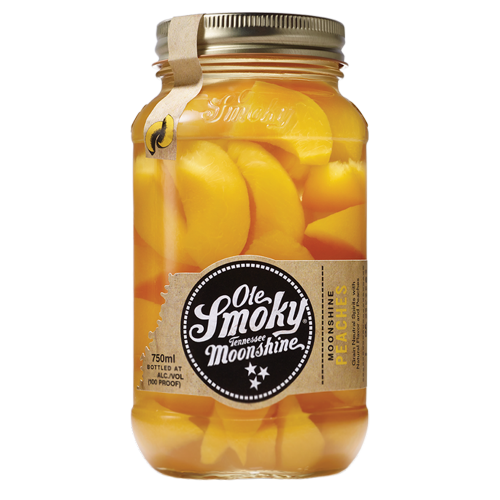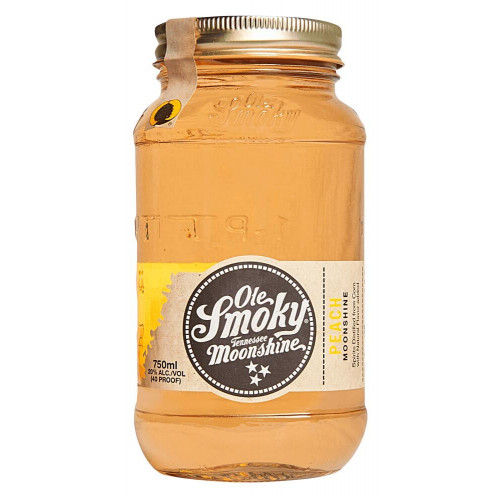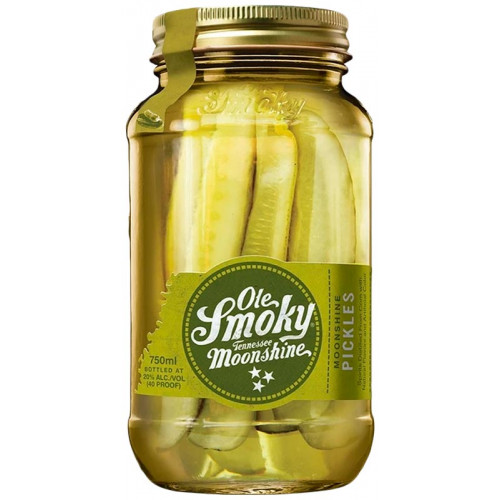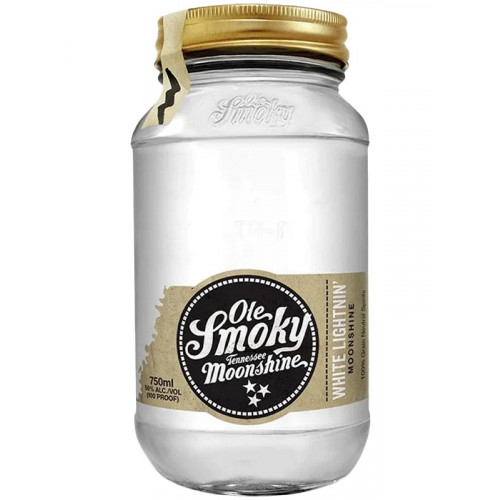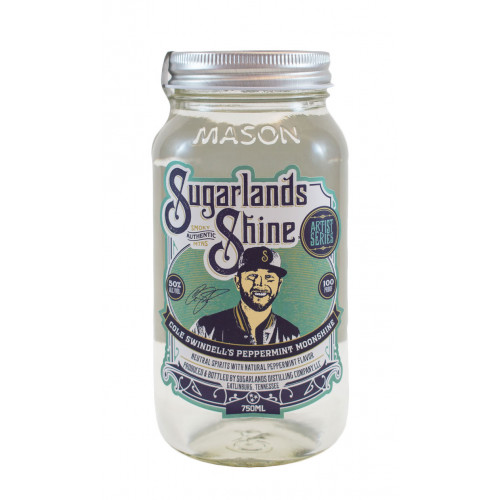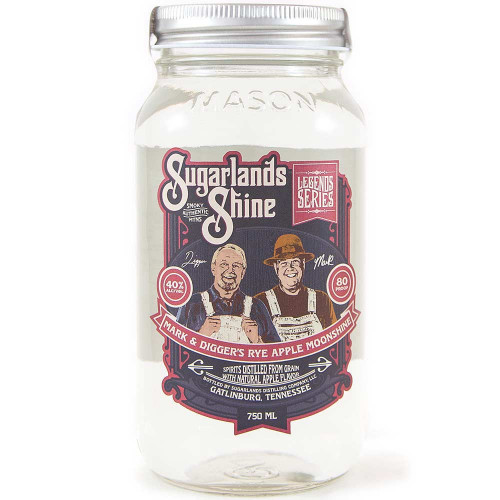Explore Authentic Moonshine at TheBestBourbonShop.com
Looking for a spirit that’s as bold and rebellious as it is flavorful? Discover the magic of moonshine, a timeless American classic, at TheBestBourbonShop.com. Known for its rich history and unfiltered authenticity, moonshine has evolved into a premium spirit with diverse flavors and styles. Whether you’re looking for traditional unaged corn whiskey or a flavored moonshine experience, we’ve got the perfect bottle for you.
What is Moonshine?
Moonshine is a high-proof, unaged whiskey traditionally distilled from corn. Once associated with secrecy and homemade batches during Prohibition, today’s moonshine is expertly crafted by distilleries to deliver smooth, bold flavors while staying true to its rustic roots. Often referred to as “white whiskey” due to its clear color, moonshine is a versatile spirit that can be enjoyed straight, mixed into cocktails, or even used for cooking.
Our Moonshine Selection
At TheBestBourbonShop.com, we offer a premium selection of moonshines to satisfy every palate:
- Ole Smoky Moonshine: A fan favorite, offering flavors like Apple Pie, Peach, and classic Original.
- Midnight Moon Moonshine: Known for its smooth taste and delicious fruit-infused varieties.
- Sugarlands Shine: A high-quality, award-winning moonshine with unique flavors like Maple Bacon and Butter Pecan.
- Climax Moonshine: Crafted with care by Tim Smith, this is an authentic take on the original spirit.
- White Lightning Moonshine: Pure and unflavored, perfect for purists or as a base for creative cocktails.
Why Buy Moonshine from TheBestBourbonShop.com?
When you shop at TheBestBourbonShop.com, you’re not just buying moonshine – you’re getting a premium experience:
- Wide Selection: From classic unaged moonshine to unique flavored options, we have it all.
- Authenticity Guaranteed: Every bottle is sourced from trusted distilleries known for their craft.
- Great Prices: Enjoy the best moonshine at prices you’ll love.
- Convenient Shopping: Browse online and get your moonshine delivered straight to your doorstep.
Popular Moonshine Cocktails
Moonshine’s bold flavor and high proof make it an excellent base for cocktails. Try these popular recipes:
- Moonshine Margarita: A fun twist on a classic, with lime juice, triple sec, and moonshine.
- Apple Pie Moonshine Mule: Combine apple-flavored moonshine with ginger beer and lime for a refreshing drink.
- Peach Moonshine Lemonade: Sweet and tangy, this cocktail is perfect for summer gatherings.
The Perfect Spirit for Every Occasion
Whether you’re hosting a barbecue, reminiscing about the Prohibition era, or simply exploring something new, moonshine brings bold flavors and a sense of history to your glass. Its versatility makes it great for sipping, cocktails, and even unique culinary creations.
Shop Moonshine Online Today
Ready to try the best moonshine? Visit TheBestBourbonShop.com for an incredible selection of premium moonshines. From traditional to flavored varieties, we’ve got everything you need to experience the spirit of America’s original whiskey. Order now and get your moonshine delivered quickly and hassle-free!

